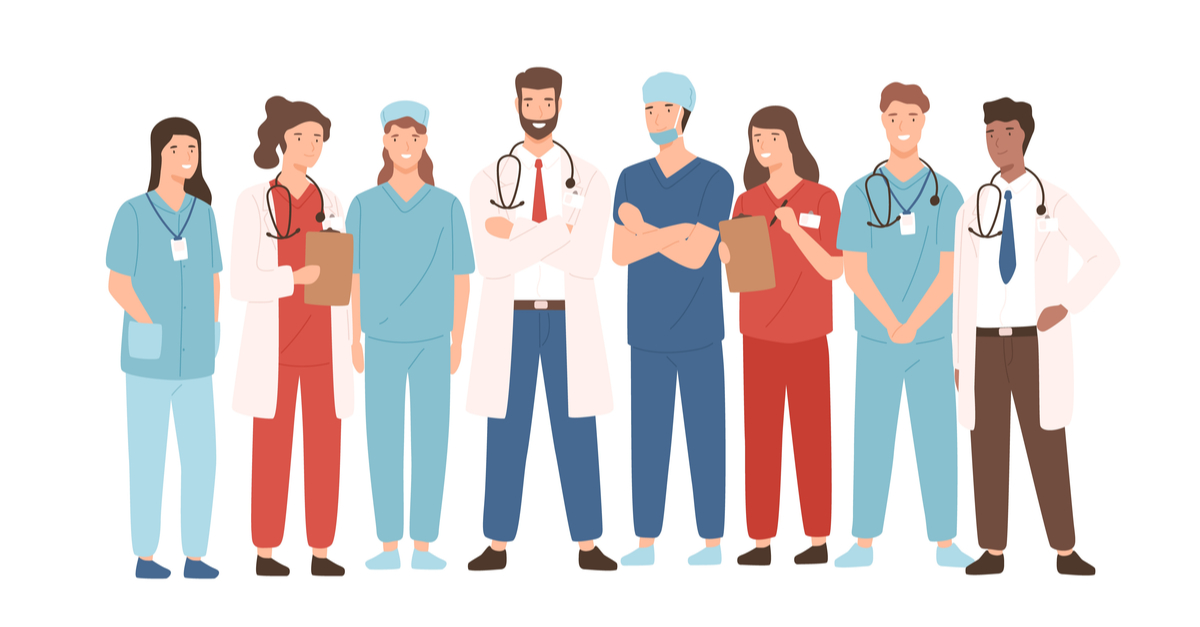
The engineering sector must continue to develop new innovations and solutions to support the vital work of frontline health workers in the challenge against the Covid-19 pandemic, Engineers Ireland’s Director General Caroline Spillane has said.
Referencing key work by various engineering firms across Ireland including the critical provision of ventilators and testing kits, a project to harness UV light to keep hospitals sanitized, and the implementation of essential infrastructure to support remote working, Engineers Ireland's Director General, Caroline Spillane, said: “Behind every design-led engineering solution are real people, communities and families that benefit. Right now, Irish engineers are working to support those at the frontline of this global pandemic as they rapidly respond through the delivery and development of medical supplies and new innovations to support healthcare workers and wider society. From rapidly increasing the production of ventilators, to producing testing kits and other tools, I thank engineering employers for driving these solutions which will support the treatment and mitigation of the impact of the virus.”
The professional body for engineers also stressed the importance of Ireland’s utility companies, who are working to ensure essential services such as water, electricity, gas and broadband continue to be provided to sustain businesses, healthcare settings and support families including older people and workers at home.
Ms. Spillane added: “Additionally, utilities such as water, electricity, gas and broadband are essential services that play a vital role in economic and social development. Now more than ever, our utility companies and their engineers have a critical role in supporting and sustaining households and businesses, including our healthcare environments.”
As the global demand for ventilators increases, Galway-based Medtronic has increased ventilator production and is on track to more than double its capacity to manufacture and supply ventilators in response to the urgent needs of patients and healthcare systems.
New communities of engineers and medical device specialists are also working together, to assist with ventilator production. Colin Keogh, Mechanical Engineer and Co-Founder of the Open Source Ventilator Ireland project is leading an international community of engineers, designers and medical professionals who are working together to develop a low-cost ventilator. In collaboration with fellow founders Conall Laverty and David Pollard, the team is focused on developing a field emergency ventilator. Colin is a former Chairperson of Engineers Ireland’s Young Engineers Society.
John Wallace, who runs the engineering firm IDS Solutions based in Co. Clare, has also brought engineers and medical professionals together to develop a prototype ventilator that could be designed and built within weeks. His team is drawing on expertise from mechanical and electronic engineering, medical device specialists, and anaesthetists to come up with a design that can be easily adapted.
Biomedical engineers and founders of MedScan3D, James Wall and Jacqui O'Connor have also offered a non-profit service to hospitals to create 3D-printed healthcare parts should supplies run low.
Randox, the Co. Antrim based health diagnostics company, has developed quick and cost-effective testing kits for Covid-19.
In efforts to limit the potential spread of COVID-19 in hospitals, Irish start-up Akara Robotics has developed a new robot to keep hospitals clean. Dr. Conor McGinn and his team of engineers at Akara Robotics are the innovators behind Stevie the Robot, a socially assistive robot designed to interact with people in care homes. Now, the Robotics team has added a new robot, Violet who uses UVC light, a clinically proven technology for killing viruses, bacteria and harmful germs and has a range of safety features that allow it to be deployed in high-traffic areas. Violet has recently been tested in a healthcare environment and could soon be ready for deployment.
The Irish Defence Forces Corps of Engineers are providing essential services and supports to the HSE at COVID-19 testing facilities, including at the Dublin City facility alongside the Irish Naval Service ship at the Samuel Beckett bridge.
Aquila Bioscience, an Irish company based at NUI Galway, has also collaborated with the Irish Defence Forces to provide soldiers with its Anti-Bioagent Wipe (ABwipeTM).
Chinese tech company Huawei, which has been operating in Ireland for over 15 years, is sending a shipment of medical equipment to Ireland, as part of its Covid-19 relief efforts. Huawei will donate personal protective equipment to help those working on the frontline, and ICT solutions which could help with video conferencing needs.
Akkure, an Irish digital health startup, has also recently unveiled the COVIDMedBot, an online personalised risk assessment and guideline tool for use at this time. Free to use, the COVIDMedBot provides personalised risk assessment and guidelines, in line with the HSE recommendations.